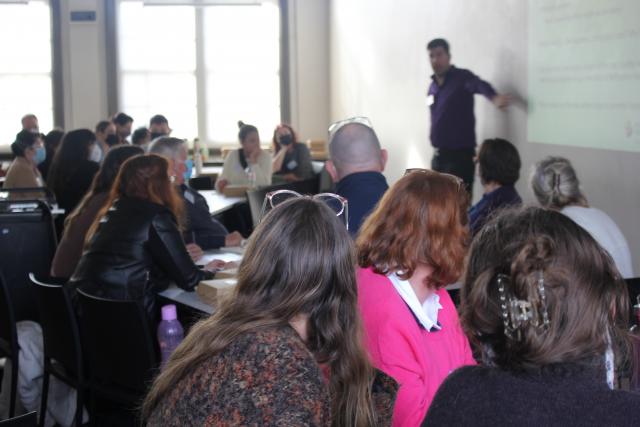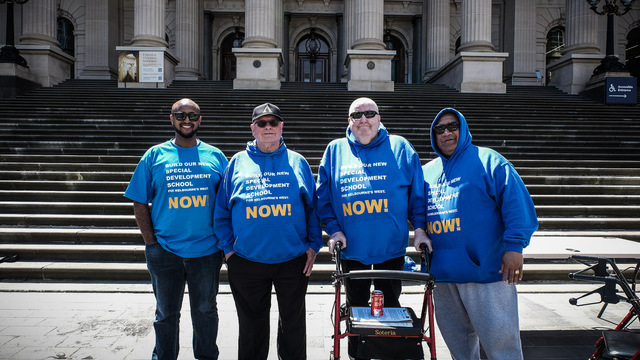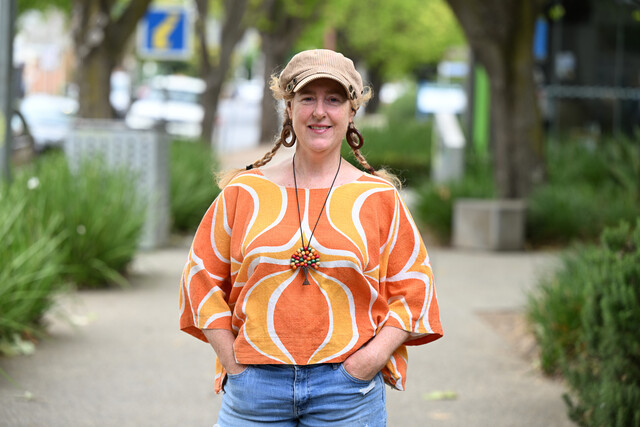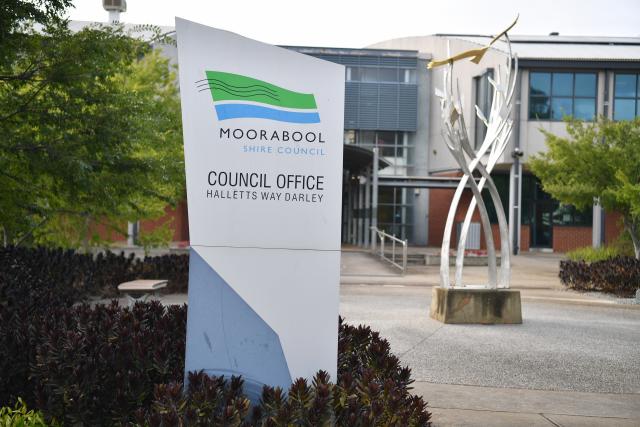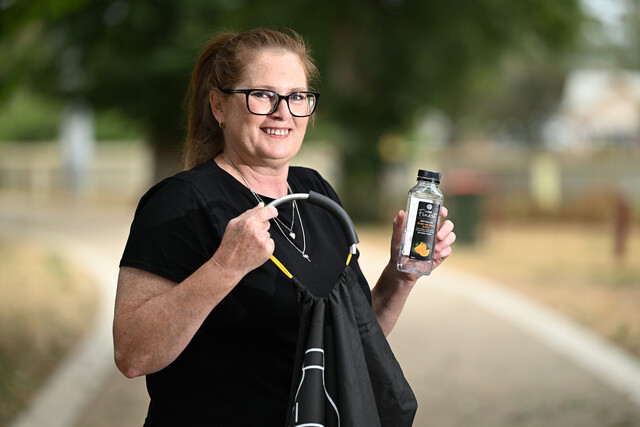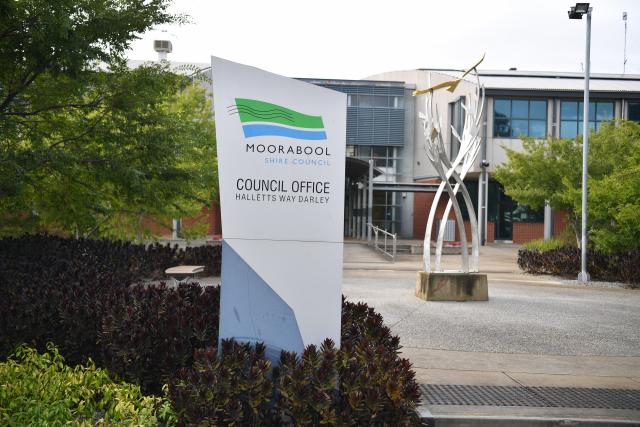Community members in Melbourne’s west are more at risk of certain climate change impacts, and to address this Jesuit Social Services’ Centre for Just Places have launched an action plan outlining what needs to happen to allow western organisations to adapt to ongoing climate injustices.
Mobilising Climate Just and Resilient Communities in Melbourne’s West Collaborative Action Plan is the culmination of more than 12 months of work supported by the Lord Mayor’s Charitable Foundation, the plan launched during an online event on Tuesday, November 15.
The project worked with 44 community health and community service organisations (CHSOs), including staff from Melton, Hobsons Bay, Maribyrnong, Brimbank, and Wyndham councils.
The plan highlights certain climate factors that impact these communities disproportionately. It says newly urbanised areas in Melton, Brimbank, and Wyndham are at high risk from heat waves, intensified by a lack of vegetation cover and socioeconomic factors that undermine people’s capacities to stay safe.
Melton, Brimbank, Maribyrnong and Wyndham have an average summer urban heat island (UHI) reading 8 to 11 degrees hotter than non-urban areas.
Heatwave impacts are compounded by other health factors, and the plan states peri-urban and growth areas such as Melton and Wyndham have higher rates of key precursors to chronic disease, and a projected increase in residents over 70.
The Collaborative Action Plan has five focus areas to guide future work on climate justice in Melbourne’s west centred around context, communication, capacity, coordination, and Consolidation.
Melton council social planning officer Melissa Grimes, who spoke on the panel at the plans launch event, said at its heart the project reveals that mobilising climate justice requires addressing equity across all determinants of health and wellbeing.
“Our world is changing, particularly out here in the city of Melton, which is a key part of Melbourne’s western growth corridor. At the same time we’re also seeing more extreme weather events and the impacts of climate change really cutting across almost all areas of local government responsibility,” she said.
“It’s largely the existing experiences of inequality and injustice that really shape the health implications of climate change.”

